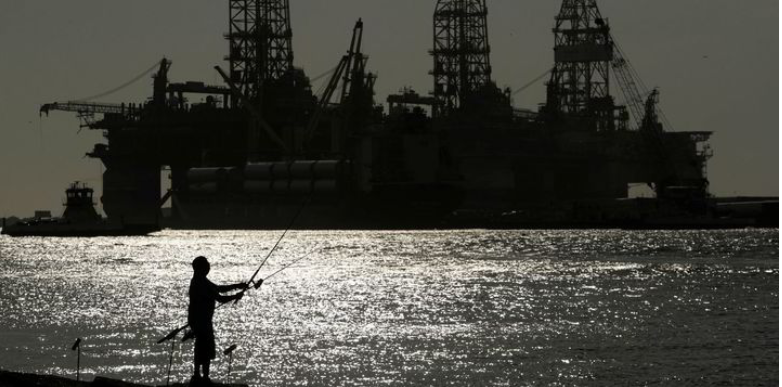

fetching latest news
News tagged in:

New oil and gas is needed, but source of financing to drill remains an issue
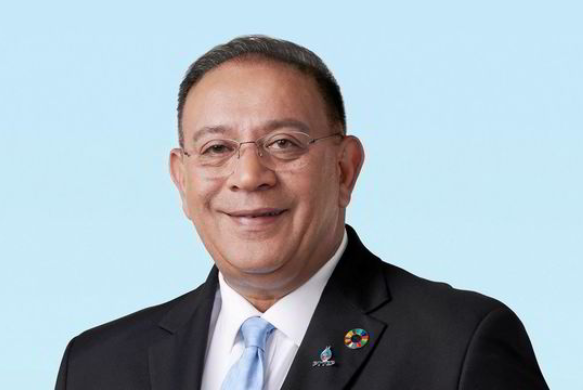
Thailand’s national upstream company PTTEP is set to imminently spud its latest wildcat on Block SK 438 offshore Sarawak, East Malaysia, where the company’s aim is to discover more gas reserves for a potential cluster development or a tie-back to existing facilities.
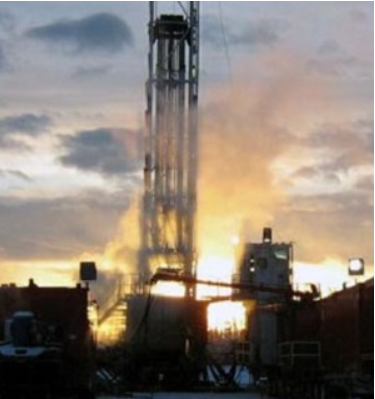
The Government of Newfoundland and Labrador released its budget and Energy NL welcomes a number of the initiatives, including reinstatement of the offshore seismic program, support for the renewable sector, continuation of the Offshore Exploration Initiative, and assessment of natural gas opportunities.
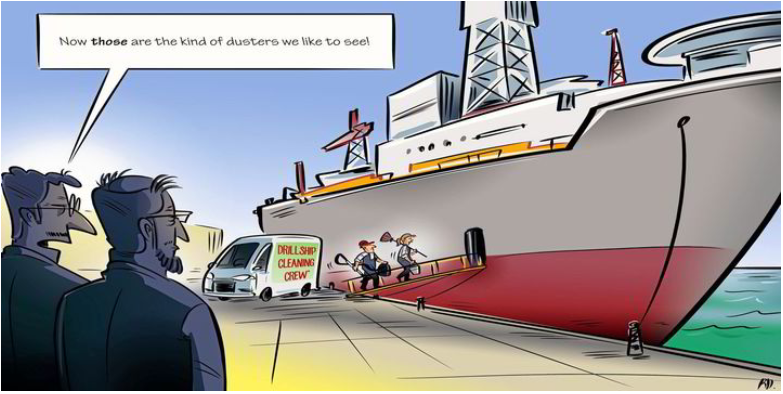
Plenty of opportunities in current oil and gas investment cycle despite tight profit margins
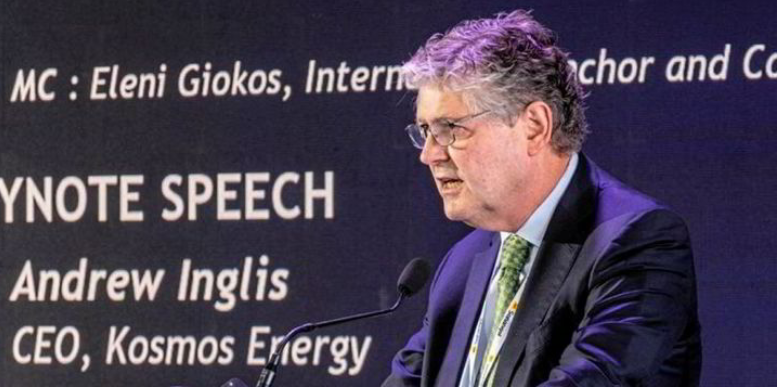
US Gulf of Mexico operators Kosmos Energy and Talos Energy are limbering up to drill significant exploration prospects that could, if successful, be tied into nearby offshore production facilities.
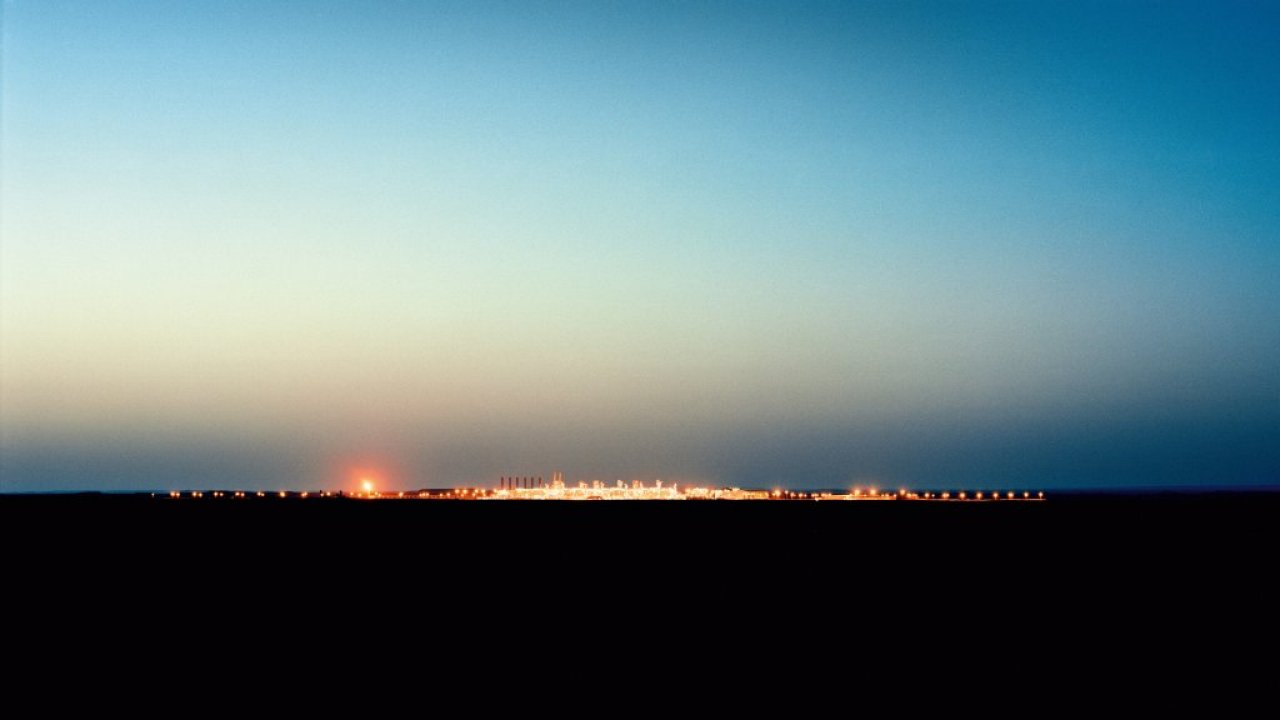
Equinor has partnered with Algeria’s state-owned oil company Sonatrach to examine cooperation in global oil and gas exploration and production. Equinor, together with BP and Sonatrach, is involved in the development and production of two gas fields in the country, In Salah and In Amenas. The In Salah dry gas project, which delivered the first gas in August 2004, involves seven gas fields in the central Sahara area. Claimed to be the fourth-largest gas development project in Algeria, the In Amenas gas project was commissioned in 2006. It is located about 1,200km from the coast, towards the Libyan border.

The Board of Frontier, the privately held Houston-based international gas exploration company with a focus on Southern Africa, said its activities in Namibia are continuing to exceed expectations. Frontier's Blocks 1723, 1724 and 1823 are in the Caprivi Basin in Northern Namibia covering an area of approximately 6,427 square kilometers (2,481 square miles). A two-year Reconnaissance license was granted on July 1, 2019. Frontier has a strategic relationship with local company Gondwana Petroleum to provide technical services and act as operator for the project.
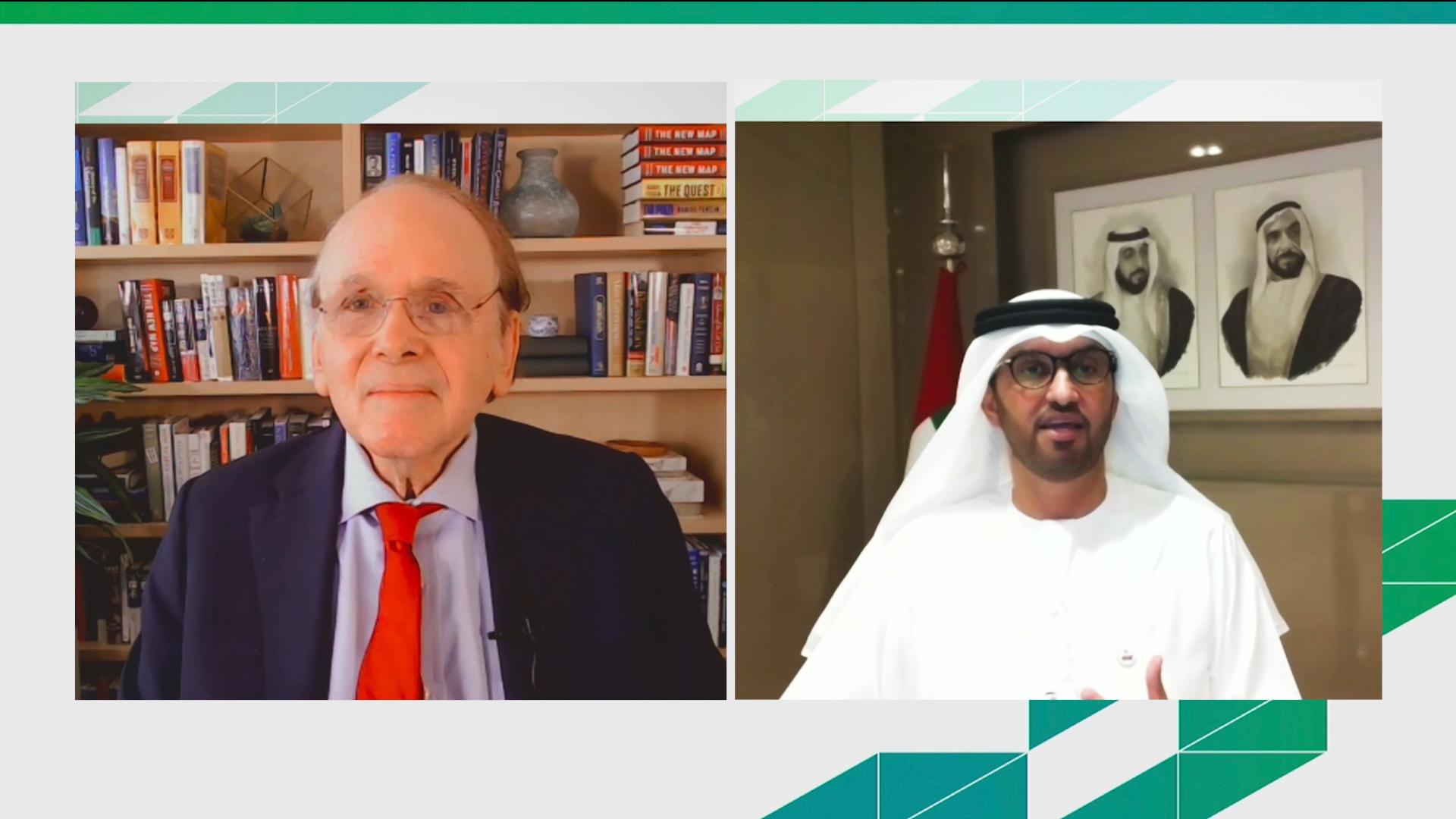
Dr Sultan Ahmed Al Jaber, UAE Minister of Industry and Advanced Technology and Managing Director and Group CEO of the ADNOC said low carbon oil will play a central role in the energy transition.ADNOC is delivering on this mission as it reduces its carbon intensity by a further 25% over the next 10 years, H.E. Dr Al Jaber said, adding that the company is exploring the potential of new fuels such as Hydrogen, which shows great promise as a close to zero-carbon fuel.

Vedanta has won 10 blocks in the Open Acreage Licensing Policy (OALP) Round II and Round III. The firm informed that over the period of the next 3-4 years, it will invest $245 million on exploration in these blocks. Now Vedanta will enter into 10 revenue sharing contracts with the government. It said, "The group believes that the transaction complements its existing strategy to focus on production growth".
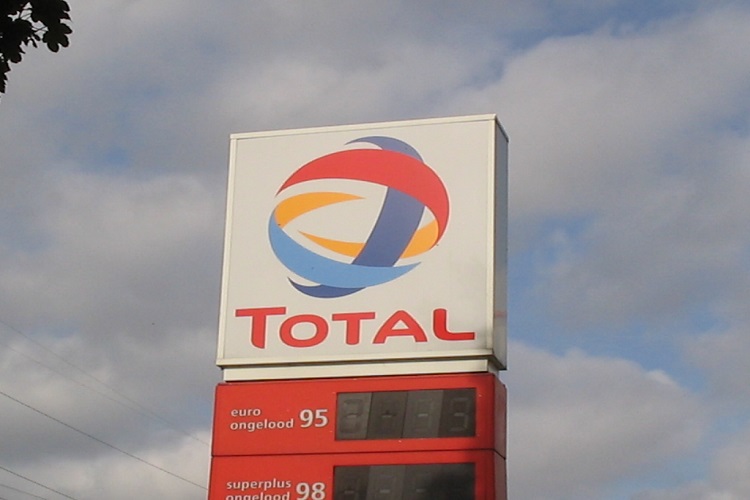
The new supercomputer of Total is said to enhance efficiency, enable its geologists to find oil faster, cheaper and with a better success rate. Total informed, "The Pangea III computer build by IBM will help process complex seismic data in the search for hydrocarbons 10 times faster that before". This computer has secured top rank among supercomputers in the oil and gas sector, according to TOP500 table.
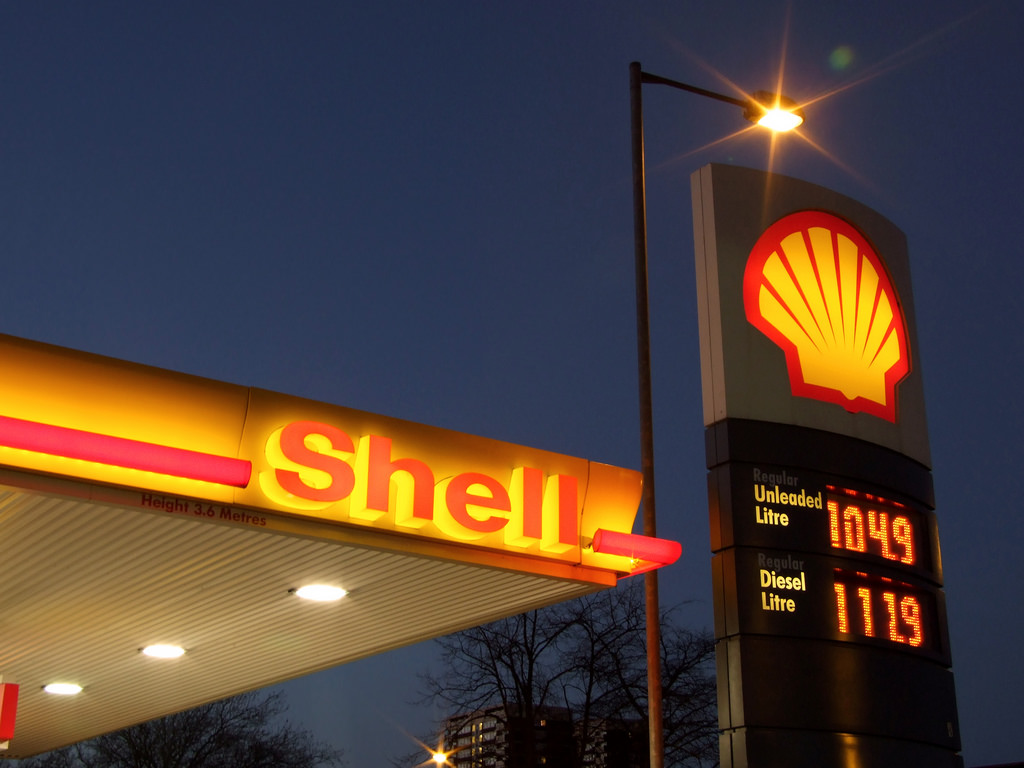
China is making efforts to penetrate into massive unconventional resources and is developing its shale gas assets. As a part of this initiative, oil major Shell has signed an agreement with Sinopec to study an East China block. Presently, shale oil makes up to only 1% of the nation's crude output. Sinopec has now put its hope on Shell's expertise in shale oil exploration for the development of China's resources.

The Group MD of Nigeria National Petroleum Corporation, Mr Baru abbounced that no new gas projects will be approved without zero gas flare modalities. He also assured HOSTCOM of the benefit from the exploration of the nation's hydrocarbon resources by partnering with other host communities. Further, he said, “We will continue to dialogue with the bodies so as to create enabling operating environment for the business and for the communities”.

Europe’s leading energy company, Carin Energy has reported £400 million loss in half-year. Admitting its mistakes, the company commented that regardless of its progress in North Sea this year, it has experienced heavy losses on “derecognition of financial assets”. Carin experienced pre-tax losses worth £383m in the first six month of 2018. CEO of the company has said that “Cairn has made strong progress across its balanced portfolio.”

German E&P giant, DEA Deutsche Erdoel has secured the contracts for three exploration blocks 16, 17 and 30, offshore Mexico granted by the National Hydrocarbons Commission CNH (Comisión Nacional de Hidrocarburos). The contracts were signed by DEA’s subsidiary, Deutsche Erdoel Mexico, and partners. Deutsche Erdoel Mexico will act as the operator in all three blocks.
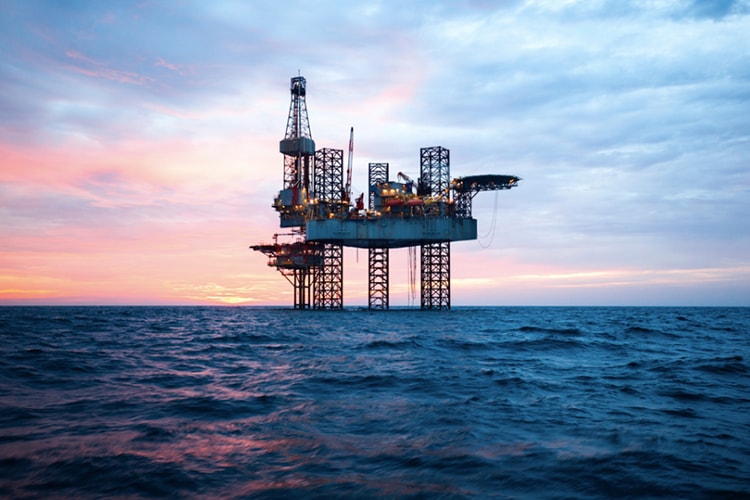
While reports about Russian oil production recovering to 11.1 million barrels have flooded the media, Saudi Arabia is now being said to have pumped over 100,000 bpd of crude oil more in May, with daily production reaching 10 million bpd. The increase is already in progress while others speculate and at least Iraq is unhappy about it. The 22nd June meeting of OPEC+ is shaping up as a tough one.

US- based Halliburton has come up with a new logging-while-drilling technology- the ‘EarthStar Ultra-deep Resistivity Service’ that uses azimuthal electromagnetic measurements. The service will help achieve the depth of investigation of more than 200ft and will be used to map the geological structure around a wellbore; enhancing the operator’s knowledge of the reservoir for improvement of recovery potential. EarthStar has a number of applications including geomapping, geosteering and geostopping.
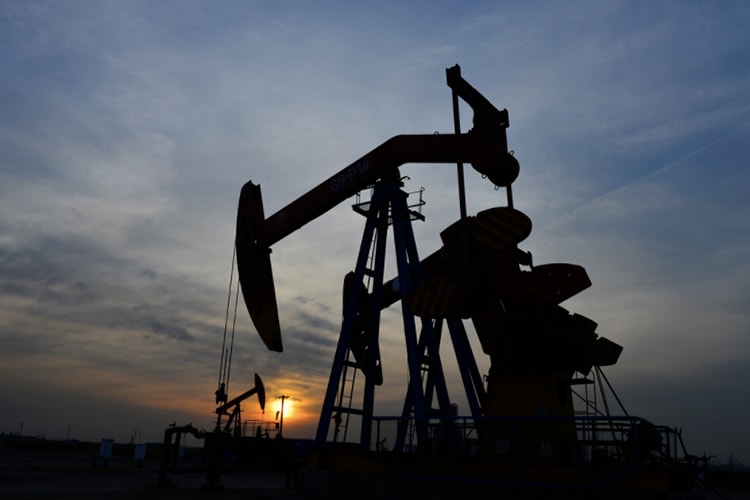
As reported by the AFP news agency, the government of Pakistan is planning to drill around 90 exploration and production (E&P) wells across the next fiscal year. This strategy is part of the government’s objective to make the country “self-sufficient in the energy sector”.
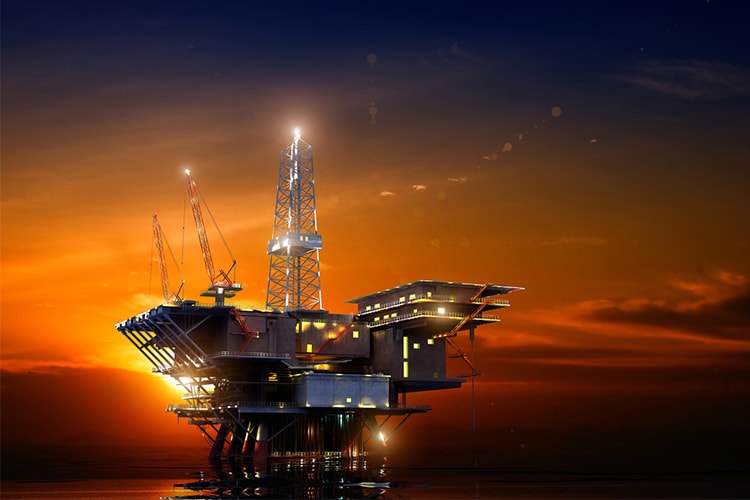
French energy giant Total SA intends to bolster oil exploration and open more fuel stations in Africa’s most industrialized country, consequently enhancing its footprint in the region. In South Africa, the company plans to expand its network of more than 500 fuel stations and finish a deepwater exploration well commenced in 2014.